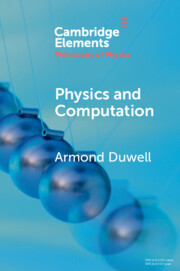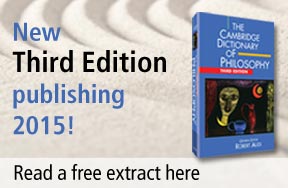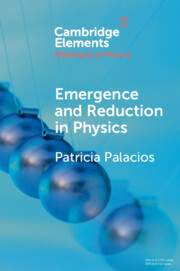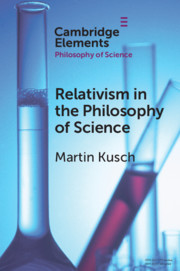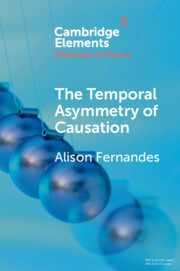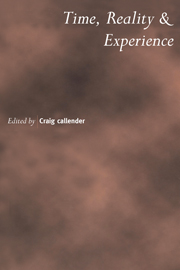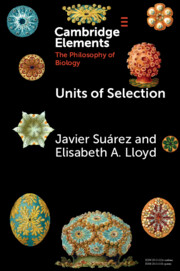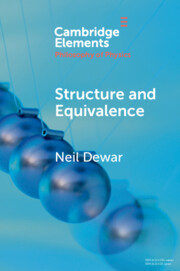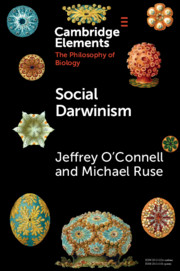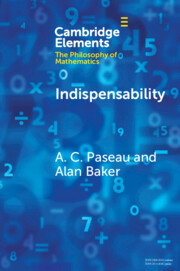Physics and Computation
Part of Elements in the Philosophy of Physics
- Author: Armond Duwell, University of Montana
- Date Published: September 2021
- availability: Available
- format: Paperback
- isbn: 9781009108553
Paperback
Other available formats:
eBook
Looking for an inspection copy?
This title is not currently available on inspection
-
This Element has three main aims. First, it aims to help the reader understand the concept of computation that Turing developed, his corresponding results, and what those results indicate about the limits of computational possibility. Second, it aims to bring the reader up to speed on analyses of computation in physical systems which provide the most general characterizations of what it takes for a physical system to be a computational system. Third, it aims to introduce the reader to some different kinds of quantum computers, describe quantum speedup, and present some explanation sketches of quantum speedup. If successful, this Element will equip the reader with a basic knowledge necessary for pursuing these topics in more detail.
Customer reviews
Not yet reviewed
Be the first to review
Review was not posted due to profanity
×Product details
- Date Published: September 2021
- format: Paperback
- isbn: 9781009108553
- length: 75 pages
- dimensions: 228 x 151 x 6 mm
- weight: 0.136kg
- availability: Available
Table of Contents
1. Introduction
2. Turing's 1936 Paper
3. The Church-Turing Thesis and the Physical Church-Turing Thesis
4. Accounts of Computational Implementation
5. Quantum Computers
6. Quantum Speedup
References.
Sorry, this resource is locked
Please register or sign in to request access. If you are having problems accessing these resources please email [email protected]
Register Sign in» Proceed
You are now leaving the Cambridge University Press website. Your eBook purchase and download will be completed by our partner www.ebooks.com. Please see the permission section of the www.ebooks.com catalogue page for details of the print & copy limits on our eBooks.
Continue ×Are you sure you want to delete your account?
This cannot be undone.
Thank you for your feedback which will help us improve our service.
If you requested a response, we will make sure to get back to you shortly.
×
